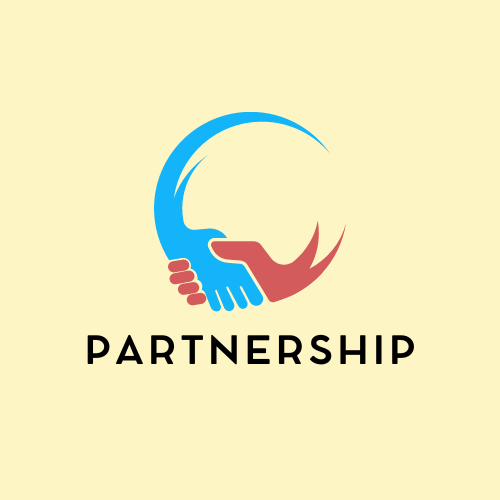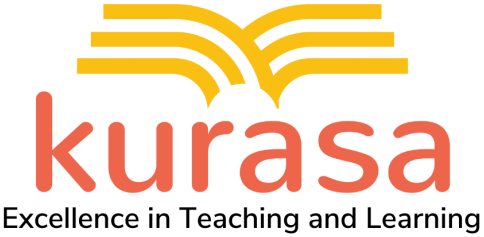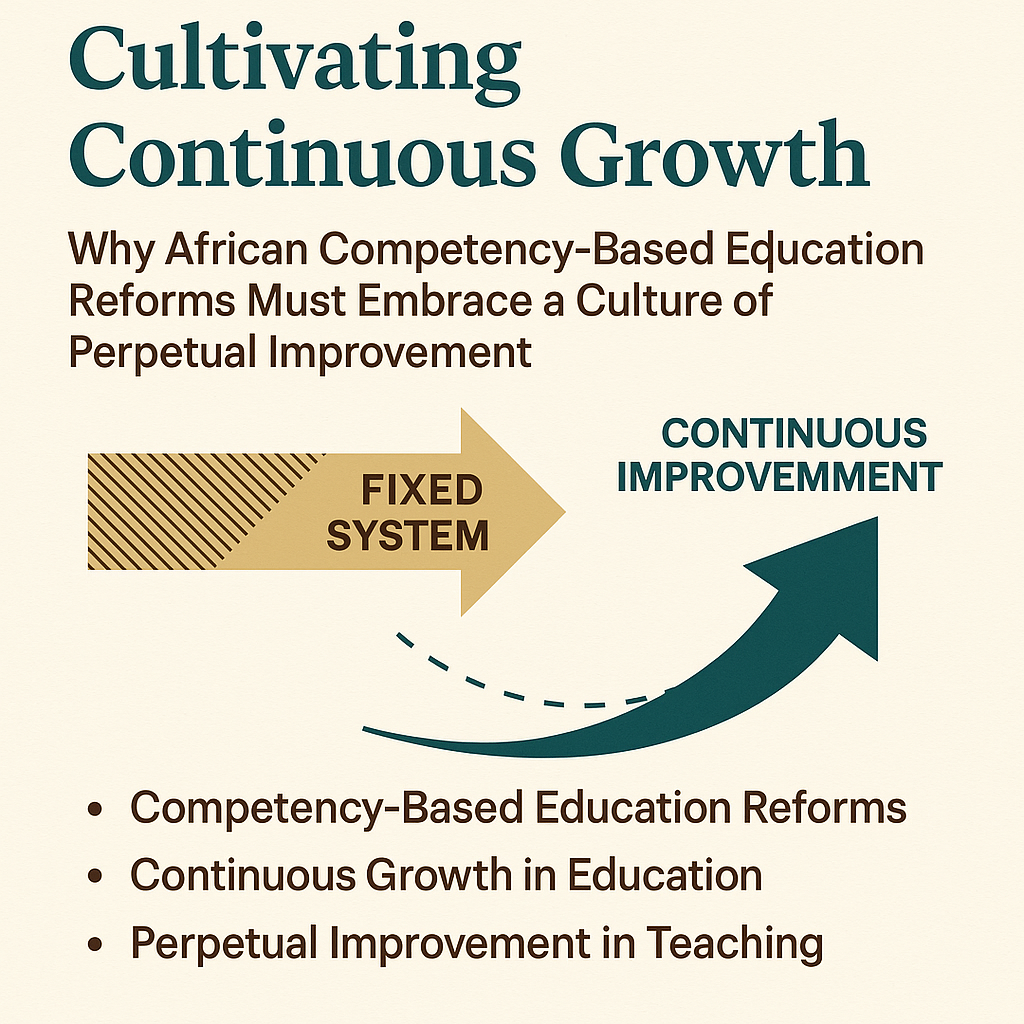
In recent years, Kenya has witnessed a significant shift in its educational landscape, driven by the need to provide quality education to all its citizens. As the country strives to achieve its Vision 2030 goals, it has become increasingly clear that the government alone cannot meet the diverse and growing demands of the education sector. This has led to the rise of public-private partnerships (PPPs), where the government collaborates with the private sector and non-governmental organizations (NGOs) to address challenges and improve educational outcomes.
These partnerships have proven to be a powerful tool in advancing education in Kenya, offering a wide range of benefits from infrastructure development to curriculum enhancement. In this blog, we will explore the impact of these collaborations, highlight successful examples, and discuss potential areas for future cooperation.
The Impact of Public-Private Partnerships on Education
Public-private partnerships have brought about significant improvements in various aspects of education in Kenya. These collaborations have been particularly impactful in the following areas:
- Infrastructure Development:
- One of the most visible contributions of PPPs is in the development of educational infrastructure. The private sector has played a crucial role in constructing and renovating schools, especially in underserved areas. For instance, the partnership between the Ministry of Education and the Safaricom Foundation has led to the construction of several classrooms, libraries, and sanitation facilities across the country. These improvements have created a conducive learning environment, which is essential for academic success.
- Curriculum Enhancement and Teacher Training:
- PPPs have also contributed to the development and implementation of more relevant and up-to-date curricula. The Kenya Institute of Curriculum Development (KICD) has worked with various private organizations to develop educational content that meets the needs of the Competency-Based Curriculum (CBC). Additionally, teacher training programs have been supported by private entities such as the Aga Khan Foundation and Microsoft, which have provided resources and expertise to help educators effectively deliver the new curriculum.
- Technology Integration:
- The integration of technology in education is another area where PPPs have had a significant impact. Initiatives like the Digital Literacy Programme, a collaboration between the Kenyan government and private technology firms, have introduced digital learning tools to primary schools across the country. Companies like Huawei and Google have provided hardware, software, and training to ensure that students and teachers can effectively use technology in the classroom. This has not only enhanced learning but also prepared students for the digital economy.
- Access to Quality Education:
- PPPs have also played a vital role in increasing access to quality education for marginalized communities. NGOs such as the Education for All Children (EFAC) have partnered with private donors to provide scholarships, mentorship, and academic support to students from low-income families. These efforts have helped bridge the gap between the rich and the poor, ensuring that every child has an opportunity to succeed regardless of their background.
- Health and Nutrition Programs:
- Recognizing the link between health and education, several PPPs have focused on providing health and nutrition services to students. The collaboration between the Ministry of Education and the World Food Programme (WFP), supported by private companies, has ensured that millions of children receive nutritious meals in school. This has not only improved students’ health but also boosted attendance and concentration in class..
Successful Partnerships in Kenya’s Education Sector
Several public-private partnerships have stood out for their impact and sustainability. These partnerships serve as models for future collaborations:
- Tusome Early Grade Reading Programme:
- A partnership between the Kenyan government, USAID, and RTI International, Tusome is one of the most successful education programs in Kenya. The initiative focuses on improving literacy outcomes for children in Grades 1 and 2 by providing textbooks, teacher training, and regular assessments. Since its inception, Tusome has significantly improved reading skills among young learners, setting them on a path to academic success.
- Bridge International Academies:
- Bridge International Academies, a private education provider, has partnered with the Kenyan government to deliver affordable, high-quality education to low-income families. Through the use of technology and innovative teaching methods, Bridge has been able to provide quality education to thousands of students who would otherwise have limited access to schooling.
- The Global Partnership for Education (GPE):
- The GPE has been instrumental in supporting Kenya’s education sector through grants and technical assistance. By working closely with the government, GPE has helped improve access to education, particularly for girls and children with disabilities. The partnership has also focused on enhancing education quality and strengthening the education system’s resilience to crises.
Potential Areas for Future Cooperation
While public-private partnerships have already made significant strides in advancing education in Kenya, there are still several areas that could benefit from further collaboration:
- Expanding STEM Education:
- With the increasing importance of science, technology, engineering, and mathematics (STEM) in the global economy, there is a need for more partnerships focused on expanding STEM education in Kenya. The private sector, particularly tech companies, can play a crucial role in providing resources, mentorship, and real-world learning opportunities for students.
- Improving Vocational and Technical Training:
- To address the skills gap in Kenya, there is a need for more partnerships aimed at improving vocational and technical training. Collaborations between the government, private sector, and NGOs can help develop and implement training programs that align with industry needs, ensuring that students are well-prepared for the job market.
- Enhancing Education in Frontier Counties:
- Frontier counties in Kenya face unique challenges, including limited access to quality education. Public-private partnerships can focus on developing tailored solutions for these regions, such as mobile schools, e-learning platforms, and community-based education initiatives.
- Promoting Inclusive Education:
- There is a growing need for partnerships that focus on promoting inclusive education for learners with disabilities. By working together, the government, private sector, and NGOs can develop specialized programs, provide assistive technologies, and train teachers to better support students with diverse needs.
- Strengthening Education in Crisis Situations:
- Given the increasing frequency of crises such as pandemics, droughts, and conflicts, there is a need for partnerships that focus on strengthening the resilience of the education system. This could involve developing emergency education plans, building capacity for remote learning, and providing psychosocial support to students and teachers.
Conclusion
Public-private partnerships have proven to be a powerful force in advancing education in Kenya. By pooling resources, expertise, and innovation, these collaborations have addressed some of the most pressing challenges in the education sector, from infrastructure development to curriculum enhancement. As Kenya continues to strive towards achieving its educational goals, it is clear that the future of education lies in the continued collaboration between the government, private sector, and NGOs. By working together, these stakeholders can ensure that every Kenyan child has access to quality education and the opportunity to reach their full potential.


